Why Copiah County Mississippi Land Attracts Buyers
Buyers looking for Mississippi land with long-term value often end up in Copiah County. The area offers a strong mix of rural land uses, all within reach of Jackson. Whether you're buying for timber, livestock, farming, or recreation, the terrain supports it. Roads are well-maintained, utilities are available in most rural tracts, and land prices remain lower than nearby counties closer to the capital.
Copiah County also has a unique history in floriculture. Crystal Springs was once known as the "Tomato Capital of the World" and remains active in ornamental plant production. That mix of tradition and natural resources sets it apart. The county has a strong hunting culture, too, with pine ridges and hardwood bottoms drawing deer, turkey, and small game. Whether you're looking for land with cash flow potential or a place to build and hunt, this area offers both.
Land Buyers Value Copiah County MS
Bayou Pierre Drainage
This creek system winds through western Copiah County, supporting hardwoods and wildlife corridors. Many tracts near it include water access and rich soils.
Loblolly Pine Ridges
Pine ridges are common throughout the county, ideal for timber investment and deer habitat. These soils support strong growth rates with market access nearby.
Mixed Hardwood Bottoms
Creek bottoms hold red oak, white oak, and sweetgum. These areas provide food and cover for game, while also holding value for selective harvest.
Timber, Poultry, and Row Crop Investment Land in Copiah County
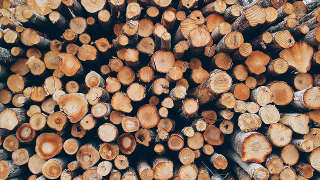
Pine Timberland
Pine plantations are common in Copiah County, especially on upland ridges. Loblolly is the dominant species, with some longleaf and slash pine stands in reforested areas. Growth rates are strong, and mills in Brookhaven and Monticello provide access to pulp and saw markets. Forestry consultants in the region can help landowners with planning, thinning, and replanting to maximize yield over time.
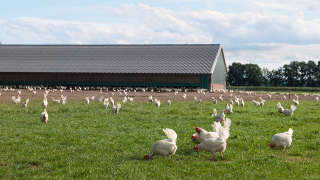
Poultry Operations
The county supports broiler farms, often with two to four house configurations. Integrators operate within delivery range, and local feed stores and supply businesses make day-to-day operation easier. Land with existing pads or previously retired houses may offer opportunities for rebuilds. Poultry growers here benefit from affordable land and reliable workforce availability.
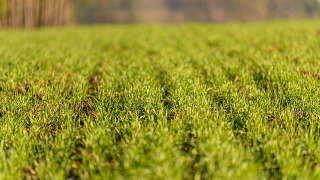
Row Crop Ground
While not a row crop powerhouse, Copiah County still has solid acreage in production. Corn and soybeans dominate, with smaller plots used for produce or wheat. Fields are typically in the southern half, where the terrain flattens. Conservation tillage and double cropping are both common, and landowners can lease to local growers or work it themselves.
Copiah County Hunting and Fishing Land with Strong Habitat
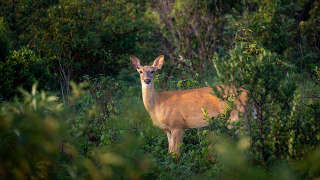
Whitetail Deer
Thick pine cover and edge habitat create strong deer density. Bucks mature well in areas with good timber management and light pressure.
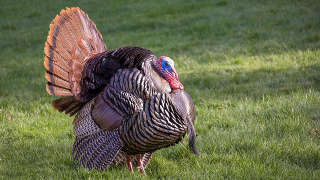
Eastern Turkey
Turkeys roam hardwood bottoms and field edges. Spring hunting is popular, especially near creeks and thinned timber stands.
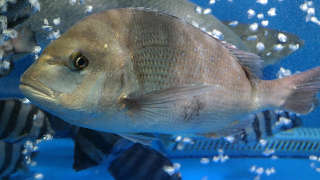
Bass and Bream
Farm ponds and lakes like Lake Calling Panther provide good fishing. Species include largemouth bass, crappie, catfish, and bream.
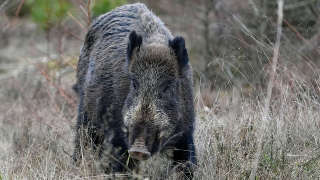
Feral Hogs
Hogs are present throughout rural tracts, particularly in the southern and western parts. Many landowners trap or hunt year-round.
Floriculture Roots Still Shape Copiah County Land Use
Land for Sale in Counties Near Copiah County MS
Lincoln County
Lincoln has solid timberland and a strong local market in Brookhaven. Good deer hunting and poultry activity make it an investment-friendly option.
Hinds County
Hinds includes rural tracts just outside Jackson. Timberland, pasture, and residential acreage are all common investment types here.
Jefferson County
Jefferson County offers deep woods and quiet tracts near the Homochitto River. It’s popular for hunting and off-grid retreats.